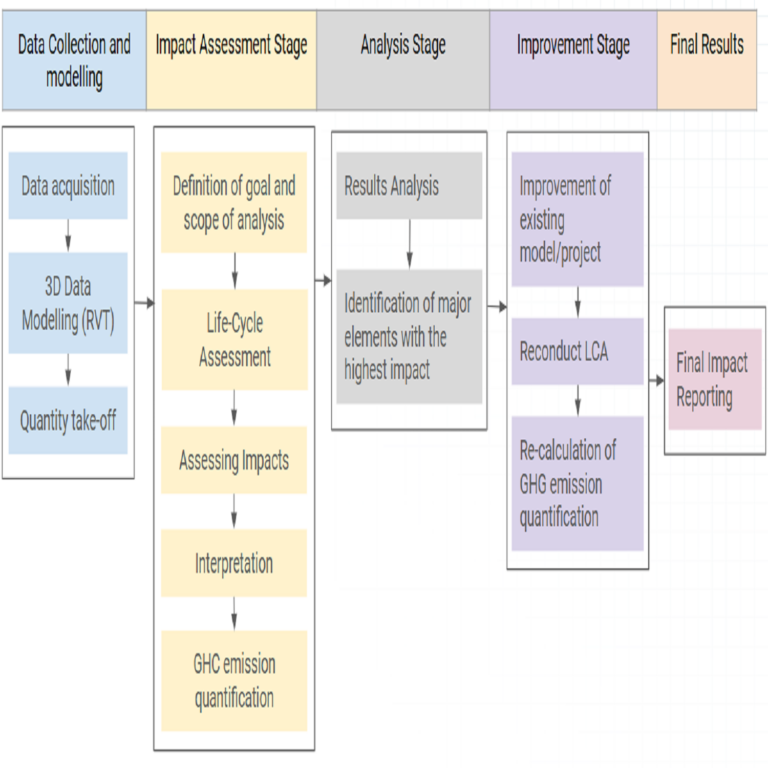Sustainability may remain under-emphasized in university Mechanical Engineering programs worldwide, new research suggests. A review of undergraduate ME programs at 100 universities around the world found that only 43 included sustainability topics in at least one required course, according to Dr. Joan Tisdale and Dr. Angela Bielefeldt at the Unviersity of Colorado Boulder, who published their findings in the ASME Open Journal of Engineering. (The American Society of Mechanical Engineers (ASME) is the parent organization of Engineering for Change).
“There were seven programs with five or more required courses with sustainability. To me, this would be a great goal for all programs to strive for,” Dr. Tisdale told E4C by email.
Most of the 100 university programs included are accredited by Engineering Accreditation Commission (EAC) of the Accreditation Board for Engineering and Technology (ABET). The review found that sustainability topics were included in at least one ME course at 83 institutions, but only 43 included it in required courses, and only 16 institutions offer 10 or more courses that integrate sustainability. Closer examination of the courses found that few covered the widely established three pillars of sustainability: environment, economy and social factors.
The seven schools that include sustainability topics in five or more core classes are Carnegie Mellon, University of California, Berkeley, Santa Clara University and University of Michigan in the United Staes, and University of San Francisco de Quito in Ecuador and University of Queensland in Australia.
You don’t have to know all the answers or have it all figured out. I believe that most students appreciate when we can be honest and tell them, ‘I think this is really important and I’m learning with you.’ – Dr. Joan Tisdale
The researchers wrote that they hope the findings catalyze greater and more visible integration of sustainability in ME programs in the future.
“For all faculty wanting to incorporate sustainability: Students need hope in this situation. Remember, a key goal is for them to gain empowerment to make a difference and contribute in their own ways,” Dr. Tisdale says.
Sustainability can be added to existing ME courses.
“It doesn’t have to be overthought or overly complicated. It can be as simple as a single case study and reflection, or applying the topic at hand to sustainability-based applications and then using that example to just have a conversation with your students about sustainability,” Dr. Tisdale says. “You don’t have to know all the answers or have it all figured out. I believe that most students appreciate when we can be honest, too, and tell them, ‘I think this is really important and I’m learning with you.'”
Interestingly, courses that were most likely to integrate sustainability into the curriculum included thermodynamics, engineering design, introduction to engineering, and heat transfer. At most schools, thermodynamics was the core course that included sustainability.
A note attached to the spreadsheet for the Sustainability Tracking, Assessment & Rating System (STARS) suggests how a thermodynamics course at Santa Clara University integrates the topic. The instructor writes, “In class I discuss societal and economic considerations to motivate the importance of this science. For example, should power plants be located in Antarctica?” as noted in Dr. Tisdale’s paper.
Resources to help ME course instructors discuss sustainability
Instructors can lean on published resources for help integrating sustainability into their curricula. Dr. Tisdale recommends Engineering for One Planet as a sustainability resource for faculty in engineering departments. The organization offers a Framework to help engineering schools shift their standards to meet a changing technical and business landscape.

